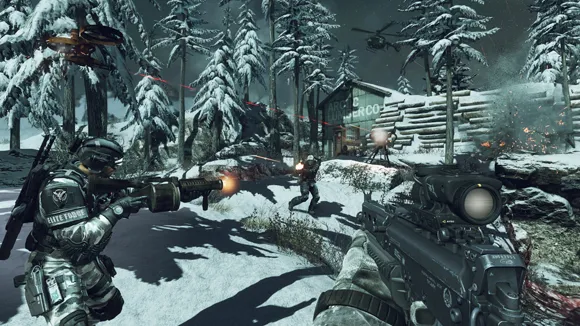Fun and games are essentially interchangeable terms. Nobody disputes the value of an established laser tag or poker night tradition, but what are those if not socially approved team-building activities? The question then becomes: How can team-building within the constraints of a game (and in a virtual environment, at that) help you accomplish your best work?
For starters, playing games frequently mimics the activities that make teams work well together in the first place, such as pursuing common objectives, sharing resources, negotiating task ownership, and working together to find solutions to issues.
80 freshly formed teams participated in the Brigham Young University study, which found that teams that played video games together for just 45 minutes were 20% more productive than teams that participated in more conventional team-building activities. Notably, both newcomers and experienced gamers experienced this.
Workplace gaming has a lot of benefits for fostering a sense of community. It goes without saying that having fun with our coworkers boosts morale and that developing strong interpersonal relationships is a crucial component of more efficient teamwork. You interact in a different environment when you play games with someone. You agree to navigate that area with them, and you'll observe a different aspect of them than you typically would in a work environment," says Matt Parker, a lecturer at New York University.
Tim Lamphier, a lifetime game lover and frequent broadcaster on Twitch, a gaming-specific streaming service, concurs. He claims you're always haggling as a team. I consider myself more of a captain who can do anything. Strategy and team play comes naturally to me. Additionally, I set up some folks because they are better at playing the game effectively. The bottom line is that "if you're not working together, you just lose" in both work environments and virtual teams.
And what do you people have to say about that?










